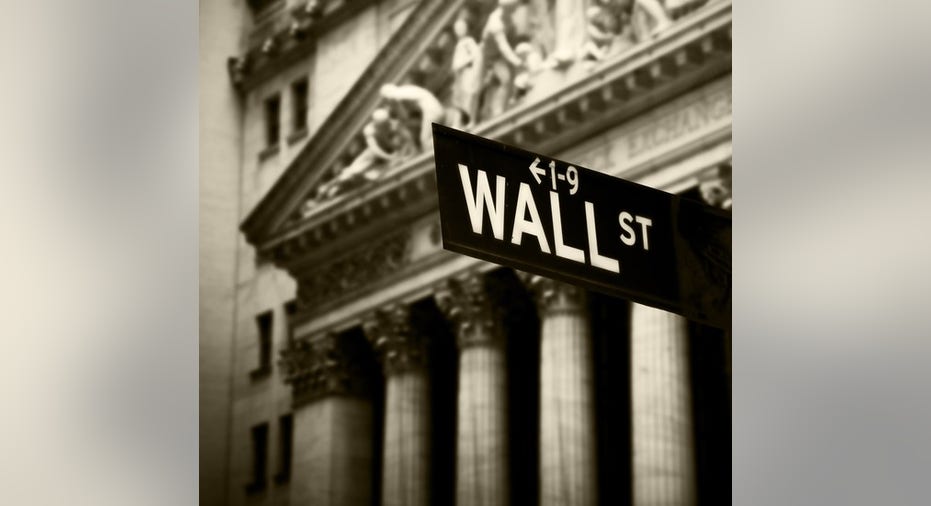What Is a Wrap Fee?

Image source: Getty Images.
Wrap fees are the expenses that investment managers charge to offer comprehensive management of your investment assets. The fees apply to so-called wrap accounts, which allow financial institutions to bundle together a variety of different services, including management of your retirement and non-retirement assets. By including both management expenses and trading costs like stock commissions into a single asset-based fee, wrap accounts are designed to make things as simple as possible for investors. Yet the relatively high level of some wrap fees has earned scrutiny from regulators, and the Securities and Exchange Commission has looked closely at situations in which disreputable investment professionals sought to squeeze more fees from customers by using a wrap account program.
What gets wrapped into the wrap fee
Wrap accounts generally come from full-service brokerage companies that can offer a wide range of different services. In addition to offering advice on investment selection, a wrap account can offer research reports, consolidated account statements, and specialized instruction on issues like financial planning for retirement as well as tax and estate planning.
The biggest benefit of the wrap fee is that full-service brokers work their commission charges into the asset-based fee. Therefore, you no longer have to worry that your broker is trying to get you to trade stocks or mutual funds solely to generate a commission.
Why wrap fees get a bad rap
The downside of wrap accounts is that they can be expensive. Although some arrangements carry wrap fees of as little as 0.75%, others have been known to charge as much as 3% annually. That can eat into your long-term returns, especially in a low-return environment like we've seen over the past couple of years.
In addition, just because you pay a wrap fee doesn't stop you from having to cover other expenses. For example, if your broker buys a mutual fund on your behalf that charges an expense ratio of its own, then you'll pay that on top of the wrap fee.
The SEC has identified wrap fees as an area of special attention in its compliance efforts. In its view, disclosure is the essential aspect of a successful wrap account, especially if the program requires you to pay additional fees and expenses on top of the wrap fee for certain types of trades. If the broker earns extra commissions, it takes away much of the value of the wrap account for the investor.
Paying wrap fees can make sense in some situations, especially if you want and will use the full array of services your broker offers. However, in most cases, you can find ways to invest much more cheaply by avoiding wrap fees entirely and choosing other ways to do business with your investment professional.
This article is part of The Motley Fool's Knowledge Center, which was created based on the collected wisdom of a fantastic community of investors. We'd love to hear your questions, thoughts, and opinions on the Knowledge Center in general or this page in particular. Your input will help us help the world invest, better! Email us atknowledgecenter@fool.com. Thanks -- and Fool on!
The article What Is a Wrap Fee? originally appeared on Fool.com.
Try any of our Foolish newsletter services free for 30 days. We Fools may not all hold the same opinions, but we all believe that considering a diverse range of insights makes us better investors. The Motley Fool has a disclosure policy.
Copyright 1995 - 2016 The Motley Fool, LLC. All rights reserved. The Motley Fool has a disclosure policy.



















